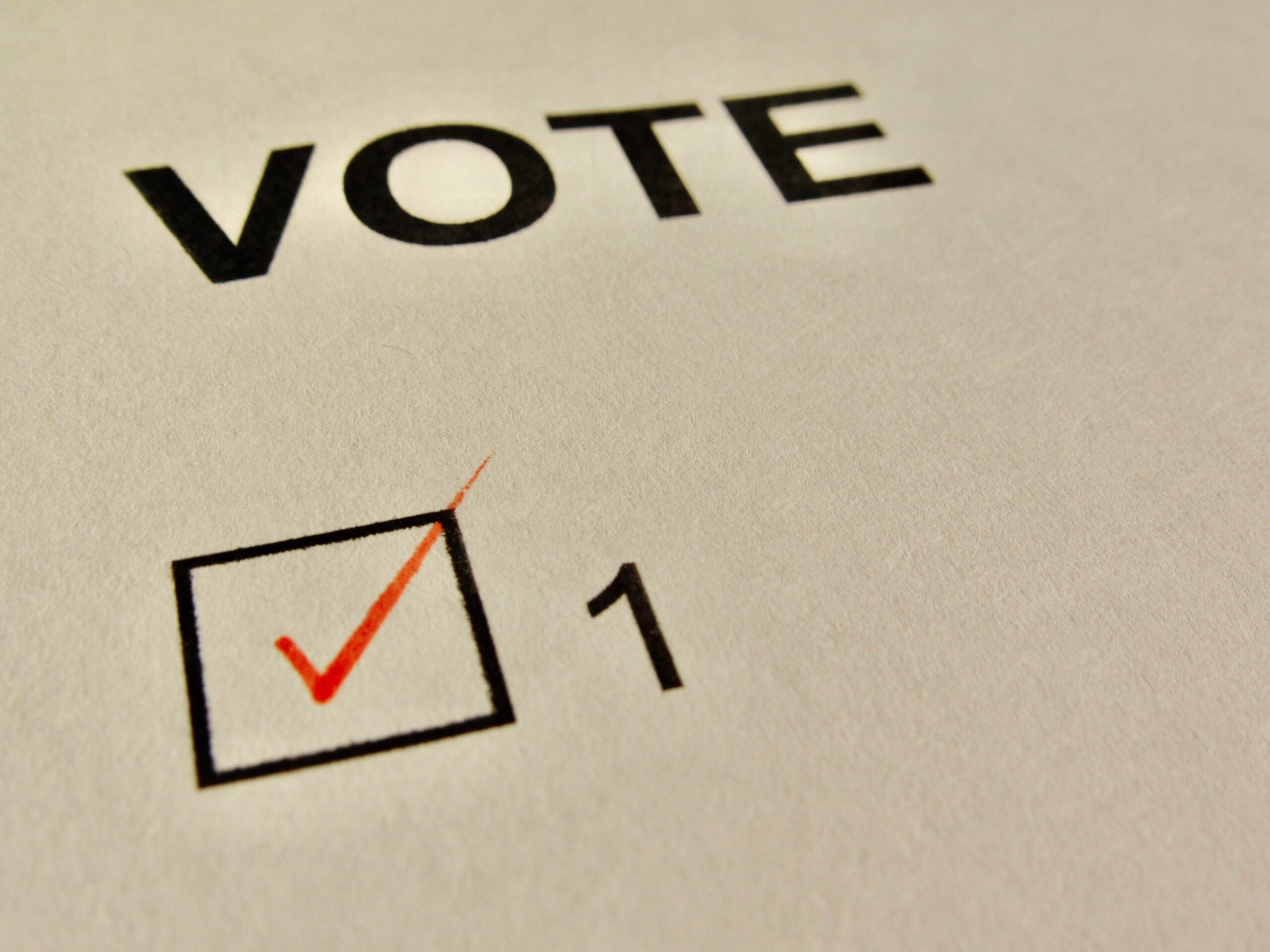In 2016, Donald Trump was elected president, despite Hillary Clinton winning the popular vote by about 2.9 million more votes.
For many, this defeat was confusing and frustrating as the purpose of the Electoral College is largely misunderstood. Although we are taught as Americans that our country is a democracy, when it comes to the presidential election, it does not function in a purely democratic way.
After the popular vote is taken, each state’s electors vote. Most of the time throughout history, they have supported the popular vote. However, it has become a more recent and frequent instance that this is not the case.
In 2000, George W. Bush had fewer popular votes than former Vice President Al Gore, but because Bush gained more electoral votes, he won the election. Again in 2016 the same thing happened with Clinton and Trump.
The National Archives defines the Electoral College as “a compromise between the election of the President by a vote in Congress and election of the President by a popular vote of qualified citizens.”
The system originally worked in such a way that whichever candidate received the most votes would become the President, and the one who received the next highest number of votes was elected as Vice President. The Twelfth Amendment was created in order to avoid governing issues that came with having a president and vice president from two separate parties.
The Twelfth Amendment states that, “they [electors] shall name in their ballots the person voted for as President, and in distinct ballots the person voted for as Vice-President.” Aside from this amendment, no other adjustments have been made to the Electoral College since its creation in 1787.
The presidents who have won the electoral college but not the popular vote from past to present include: John Quincey Adams, Rutherford B. Hayes, Benjamin Harrison, George W. Bush and, most recently, Donald Trump.
With the exception of John Quincey Adams who was a part of the Democratic-Republican party at the time, all of these presidents were members of the Republican Party. With this factor in mind, it makes sense why most people who are against the idea of abolishing the Electoral College are Republicans.
Because such a long span of time passed between Benjamin Harrison’s win in 1888 and George W. Bush’s win in 2000, there was little reason to believe that the Electoral College was flawed. However, with the more frequent instances and frustrations taking place, it would seem that America needs an update, at least. Although America is still flawed and needs changing, we have come a long way. Many things have been readjusted and revised with time. One would think the Electoral College could undergo revisions as well.
Recently, the Supreme Court voted on details concerning the Electoral College, which may have caused confusion among voters.The Congressional Research Service put out a statement to clarify:
“On July 6, 2020, the Supreme Court unanimously held that states may punish or replace presidential electors who refuse to cast their ballots for the candidate chosen by the voters of their state.”
In other words, the standard that states could actually fine or replace electors who chose not to vote for the candidate who won their state’s popular vote, was already set. The Supreme Court simply voted whether or not they should continue maintaining agreement.
Winthrop adjunct faculty member of Political Science, Dr. Holder shared his insight into this process. “Some states have “faithless elector” laws, which allow them to punish or replace an elector who doesn’t vote for the winner of the state’s popular vote. South Carolina imposes a $500 fine.” He further explained, “The Supreme Court upheld those laws this summer.”
On the question of whether or not this will make a difference in November, Dr. Holder said that he did not think so. “There aren’t enough anti-Trump Republicans or anti-Biden Democrats who get chosen in the first place. One less thing that Trump can complain about,” Dr. Holder said.
If this process remains the same, is voting even worth it when it seems that electors are the only ones whose votes really matter?
The answer is, yes! In fact, voting is now even more important than ever because the weight is on our shoulders as voters to show the electors, preferably by a landslide, which candidate America thinks is more capable of running the country.
Photo by Emma Crouch




